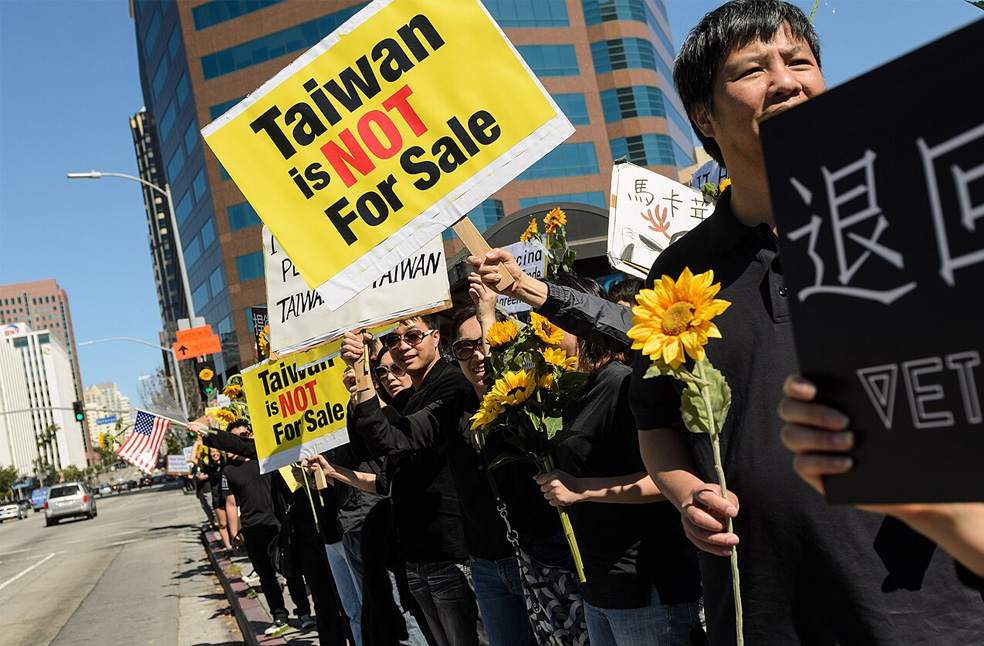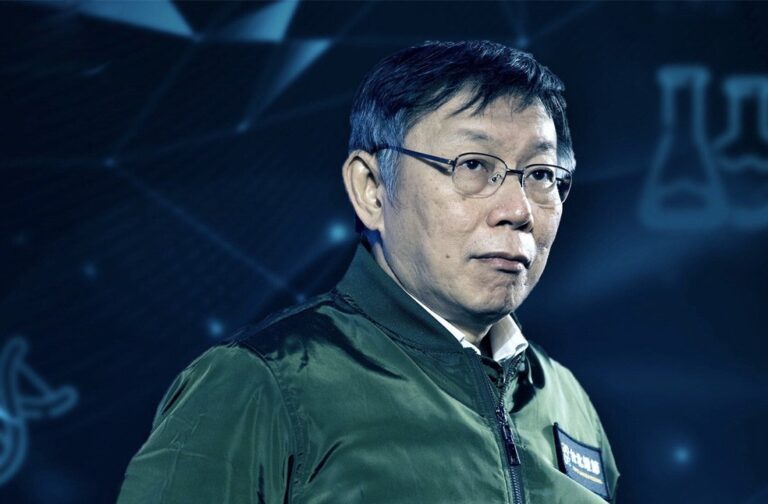Taipei, Taiwan: Ko Wen-je, once a rising star in Taiwanese politics and a former Presidential contender, was indicted on corruption charges.
The 65-year-old is accused of accepting $500,000 in bribes related to a real estate transaction during his term as mayor of Taipei and of misreporting campaign finances during his presidential run earlier this year. Prosecutors are seeking a prison sentence of up to 28.5 years.
Ko, who denied the charges, was arrested in September and has been held in detention. He is one of 11 individuals being prosecuted in the case, and several members of his Taiwan People Party have also been charged for misappropriating political donations.
The indictment marks a major setback for Ko’s political movement, which had resonated with voters seeking an alternative to Taiwan’s two dominant political parties, the ruling Democratic Progressive Party (DPP) and the opposition Kuomintang (KMT).
In January’s Presidential Election, Ko, a dark horse candidate, garnered more than 25% of the vote, closely trailing DPP candidate Lai Ching-te, who secured 40%.
Although Ko came in third place, his strong showing highlighted voter desire for a more pluralistic political landscape beyond the two major parties.

Ko rose to prominence by branding himself as a third option beyond the DPP and KMT. He was outspoken in his criticism of the DPP’s approach to Beijing, which views Taiwan as part of China, and also blamed the KMT for being too conciliatory towards China.
After supporting the Sunflower Movement protests against Beijing in 2014, Ko was elected as Taipei’s mayor as an independent candidate. He won a second term in 2018, but his political stance shifted to expand Taipei’s relationship with mainland China.
Known for his unpredictable style, Ko has often courted controversy with his blunt rhetoric and unconventional campaign ideas. He was frequently described as a “gaffe machine” and even starred in a rap video during his 2018 re-election campaign.
Following his defeat in the presidential race, Ko vowed to continue his political career and was expected to run for president again in 2028.
However, his party’s future is now uncertain, as the wave of prosecutions against him and his associates casts a shadow over their prospects.
Ko’s arrest has sparked protests from his supporters, who accuse the DPP of leveraging the charges to suppress political opposition.



